Russia’s ex-president calls for excluding non-Russian-speaking migrant children from schools
Dmitry Medvedev, Deputy Chairman of Russia's Security Council, has stirred controversy by proposing that schools in Russia cease accepting migrant children who do not speak Russian. During a meeting focused on the country’s migration policy, Medvedev argued that the presence of non-Russian-speaking children negatively impacts the overall quality of education.
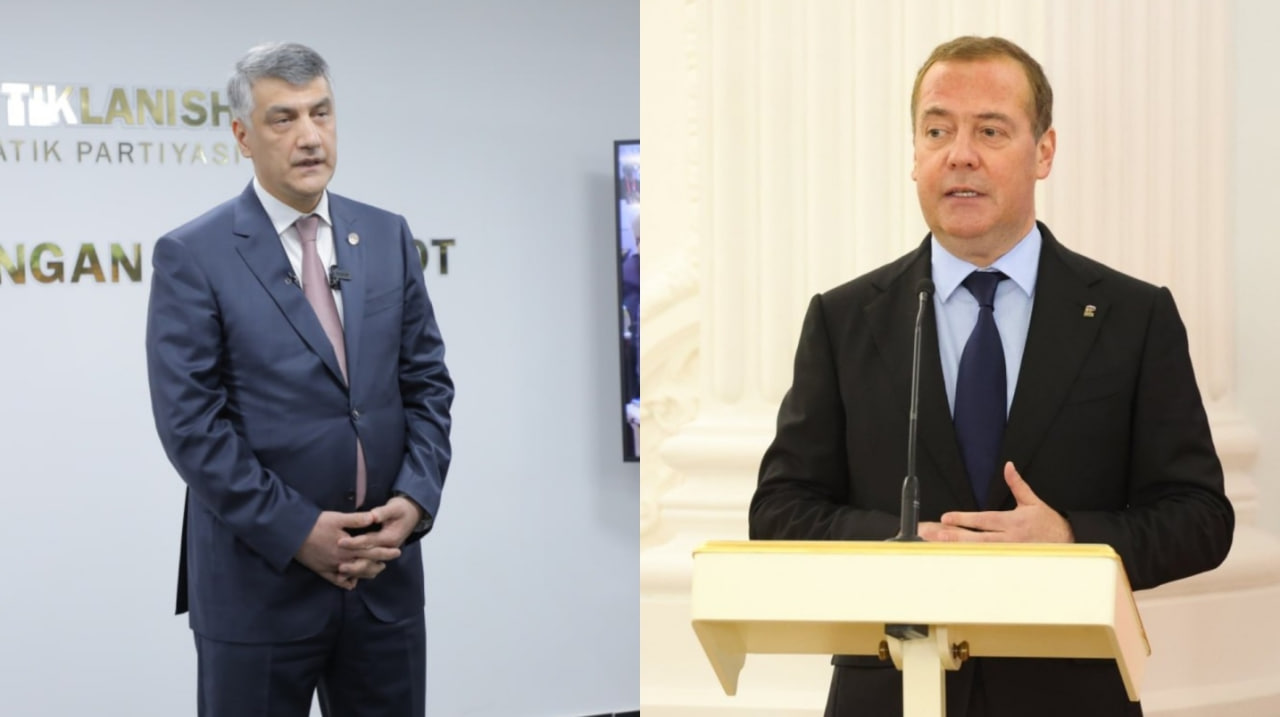
Medvedev stated, “There is a situation that is often discussed regarding the social function of schools and other educational institutions. When children enter these institutions without any knowledge of the Russian language, it affects the general level of education. This is well known, and it is time to put an end to it.”
In addition to addressing educational concerns, Medvedev highlighted the issue of migrant families living in Russia. He asserted that individuals who are neither working nor studying should be required to leave the country. According to a survey conducted by the All-Russian Center for the Study of Public Opinion, approximately 70% of the population supports stricter migration policies.
“People are tired of the disgraceful behavior exhibited by some members of migrant communities. This needs to stop,” Medvedev emphasized.
The remarks have prompted a strong reaction from Alisher Kadirov, Deputy Speaker of the Legislative Chamber of Uzbekistan's Oliy Majlis. In a post on his Telegram channel, Kadirov criticized Medvedev's stance, describing it as “cruelty towards children” that could shape future attitudes toward the Russian language.
Kadirov further argued that the resources currently spent ineffectively on promoting the Russian language in Uzbekistan would be better utilized for teaching Russian to Uzbeks residing in Russia.
Medvedev’s proposal raises significant questions about the integration of migrant families in Russia and the broader implications for educational policy. The proposed ban on non-Russian-speaking migrant children could affect thousands of families and has the potential to exacerbate tensions between migrant communities and the local population.
Related News
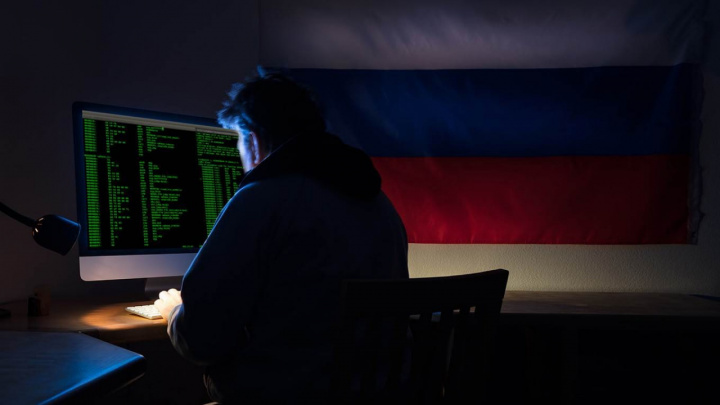
13:17 / 26.02.2026
US imposes sanctions on Uzbek national over alleged ties to Russian hackers
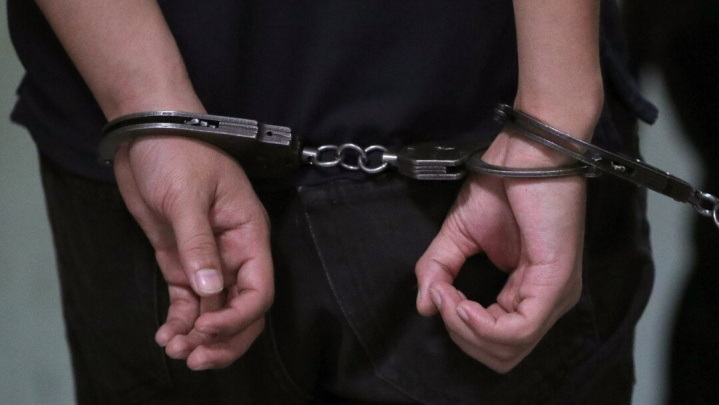
14:17 / 25.02.2026
Margilan resident sentenced to restricted freedom for fighting in Ukraine on Russia’s side
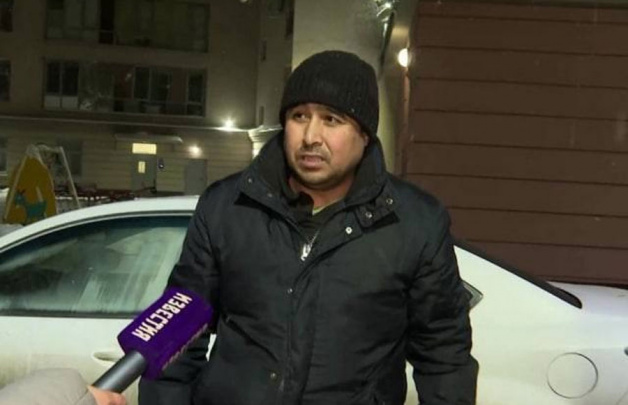
13:46 / 24.02.2026
Shavkat Mirziyoyev awards “Jasorat” medal to Uzbek man who saved child from seventh floor fall in Russia
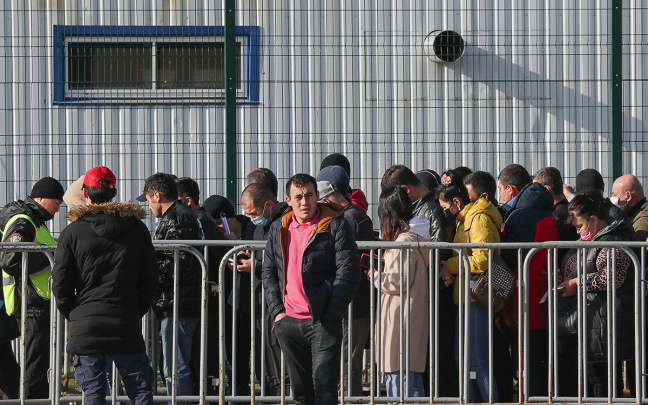
11:34 / 23.02.2026




